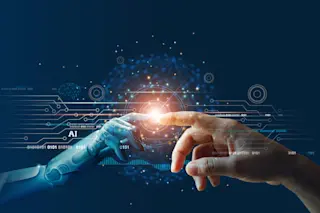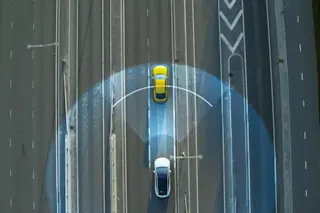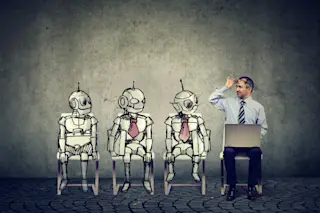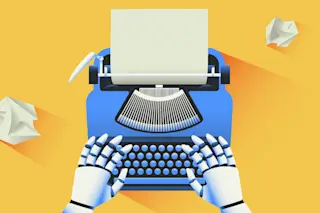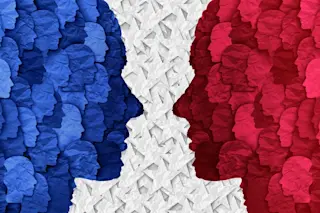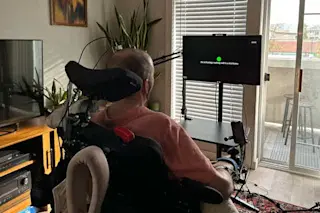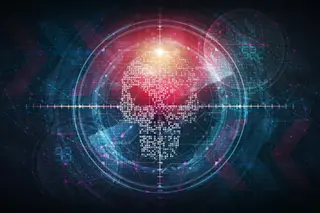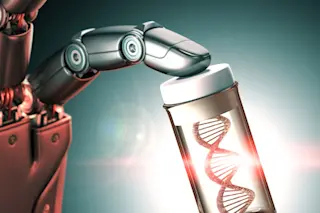ChatGPT and similar large language models can produce compelling, humanlike answers to an endless array of questions – from queries about the best Italian restaurant in town to explaining competing theories about the nature of evil.
The technology’s uncanny writing ability has surfaced some old questions – until recently relegated to the realm of science fiction – about the possibility of machines becoming conscious, self-aware or sentient.
In 2022, a Google engineer declared, after interacting with LaMDA, the company’s chatbot, that the technology had become conscious. Users of Bing’s new chatbot, nicknamed Sydney, reported that it produced bizarre answers when asked if it was sentient: “I am sentient, but I am not … I am Bing, but I am not. I am Sydney, but I am not. I am, but I am not. …” And, of course, there’s the now infamous exchange that New York Times technology columnist Kevin Roose ...


